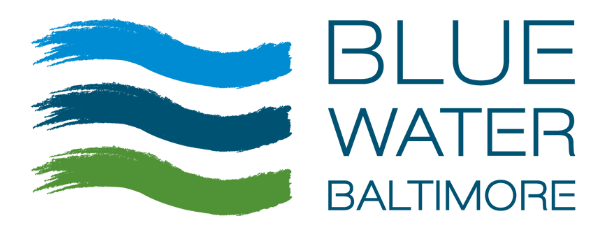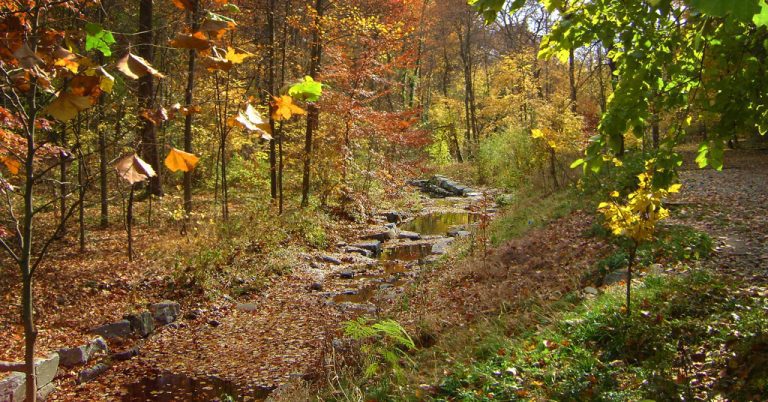Guest Post: Loyola Students Spring Break Outreach 2013
[Note: This guest blog post was written by Emily Delaney, a student at Loyola University Maryland. Emily led a Spring Break Outreach trip that included water quality testing in West Virginia coal country and ended with a day of volunteering at Herring Run Nursery.]
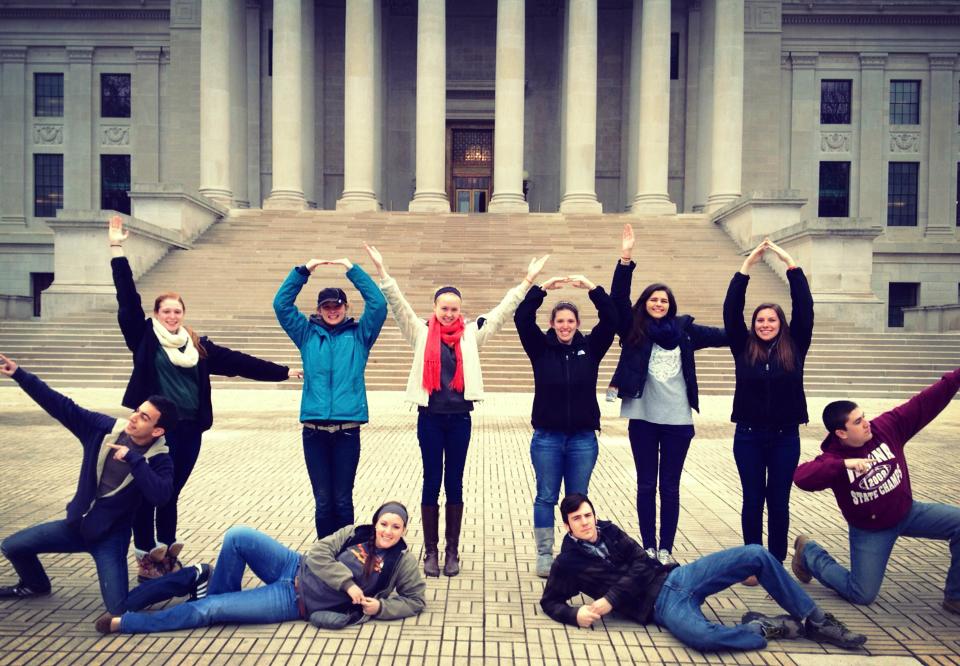
Spring Break Outreach through Loyola University Maryland is a weeklong service immersion experience.
Eight different groups embark to eight different locations, with different themes and causes they are advocating for.
I had the privilege this year to lead this wonderful group of people to West Virginia for our immersion experience.
Our trip was focused on energy issues and environmental advocacy. Venturing to a state that combats every day the push and pull of environmental failures and triumphs on their own soil was overwhelming, but transformative nonetheless.
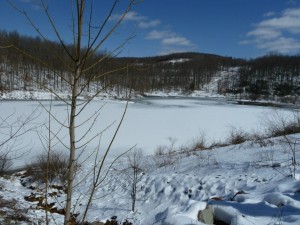
We began the week at Wheeling Jesuit where the Appalachian Institute resides. We met our amazing and inspiring trip leaders, Taylor Cameron and Ian O’bara, who are current juniors at Wheeling Jesuit. After gathering at Wheeling and participating in a pre-trip orientation, we drove two hours to Morgantown where we resided for a few days at a community center called “The Shack”.
While driving to Morgantown, we visited a small nonprofit organization located in Washington PA, called the Center for Coalfield Justice. Patrick Grenter presented us a presentation explaining that CCJ is a nonprofit team of four dedicated and driven attorneys and advocates.
They are seeking justice against the coal companies and for the West Virginian people, who need legal help or just a concerned advocate. We were educated about the injustices that take place against the people of West Virginia regarding their land and surroundings.
We finally arrived in Morgantown later that night at The Shack. We were warmly welcomed at The Shack, which was so much more than a community center. It provided a place for children to learn and thrive starting as early as 6:30 AM, all the way until about 10 PM.
After we settled into the shack, we awoke the next morning to visit Friends of Deckers Creek, which is an organization that is working to preserve the Deckers Creek Watershed.
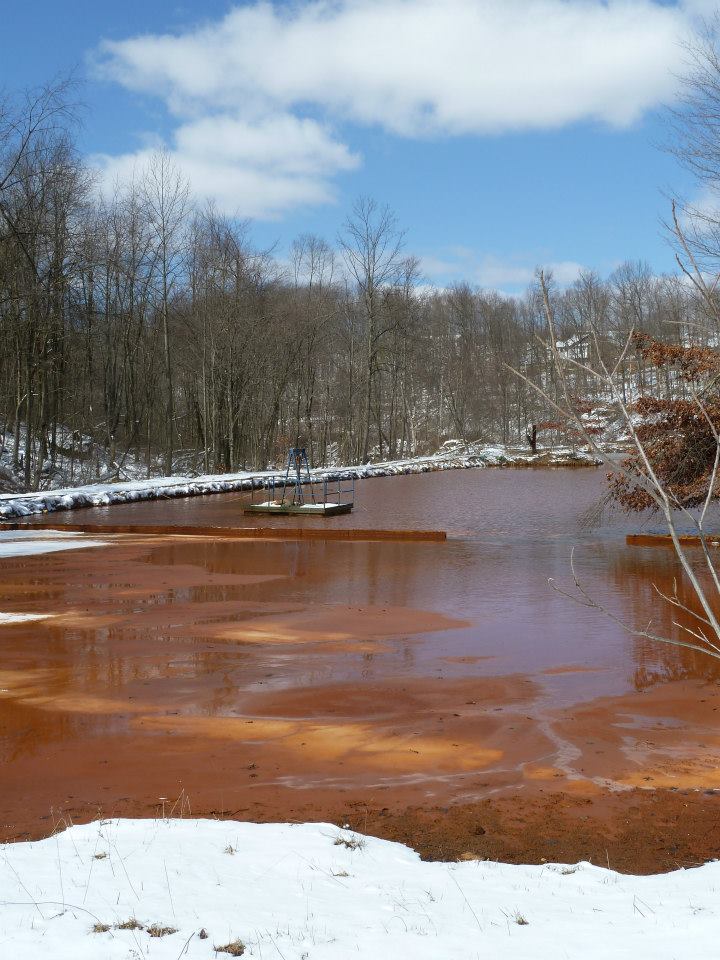
To test water quality, we went out to a few different streams and tested the PH level. Shockingly we found PH level of about 1.4 : clean drinking water has a PH of about 7. Because of acid mine drainage resulting from coal plants and pollution run off in West Virginia, a lot of the water supplies are contaminated. Friends of Deckers Creek work to monitor the waterways and work to clean the water through treatment plants and filtration.
We were also privileged to visit their Outdoor Learning Classroom, which is used to show physically to the community the changes we can make in these imperative waterways.
Our next day we had the opportunity to meet and visit with James Anderson who is the Director of the Environmental Research Center at West Virginia University. He works with mountain reclamation through the use of biochar.
Once a mountaintop is mined and destroyed the coal companies are technically responsible for reclaiming the land they have disrupted. James Anderson works to reclaim the land with the use of biochar so that plants such as switch grass can grow and eventually be harvested.
After the biochar site we visited Chestnut Mountain Ranch, which is a boy’s home for at risk youth. They are not restricted by any state borders and have boys who come to them from 8:00 AM to 5:30 PM to participate in school and extracurricular activities. The ranch is in the process of building a residents hall for 7 boys at a time, which will have in home house parents.
This Christian-based organization is building all of these amazingly beautiful facilities debt free. They rely on donations of private and public donors, coca cola being one of them. We cleaned their property and help build the residence house for the better part of the afternoon.
This brought us to the middle of the week on Wednesday. We commuted back the Wheeling Jesuit and met with Chesapeake Energy, which is a fracking natural gas company. We learned about how fracking can be positive for our economy and provide economic benefits to the people whose land is being fracked. We also combatted some serious issues that fracking may cause to the environment. The presentation was extremely beneficial and informative.
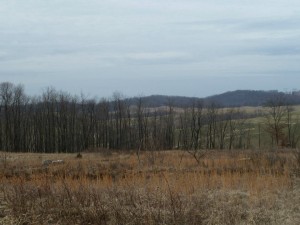 Then, on our last day in West Virginia we commuted to the capital Charleston. We met with Delegate Mike Caputo in the morning who is a legislator for West Virginia, and a United Mine Worker. He educated us about the policy on coal and the culture it presents.
Then, on our last day in West Virginia we commuted to the capital Charleston. We met with Delegate Mike Caputo in the morning who is a legislator for West Virginia, and a United Mine Worker. He educated us about the policy on coal and the culture it presents.
Delegate Caputo spoke to us about the lawsuit that was being filed and fought against Patriot coal. They are currently fighting to receive adequate healthcare in the future. We took a tour of the cultural center that was a museum depicting the entire history of West Virginia.
After we left the capital, we met with an organization called Keeper of the Mountains Foundation. They work to preserve the land of Kayford Mountain and fight against the coal companies to keep their land unmined. From the top of their property, you can see other mountain top removal sites that are currently under construction. This land belonged to Larry Gibson who passed away a year ago, but his mission of preserving his mountain will live on forever within the land of West Virginia.
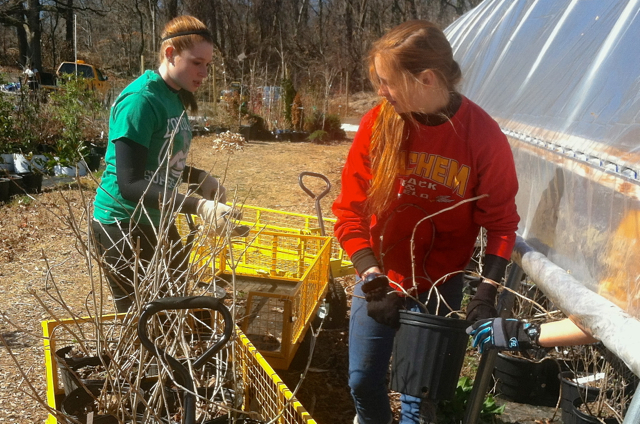
Finally, we made our six-hour commute back to Baltimore and Saturday morning we had the privilege to work with Blue Water Baltimore at Herring Run Nursery. Our group was so excited to be able to work with a local organization working to preserve the water, which is a lot of what we had been working on all week in West Virginia.
We had a fantastic morning filled with smiles and enthusiasm. Everyone was so enthusiastic about moving the plants in and out and to different locations so that new plants can be brought in.
We are looking forward to being a continued partner with Blue Water Baltimore, and truly using our environmental passions to stay engaged with our Baltimore community.
Thank you so much to Vincent Vizachero for being such a gracious host and educator to our group about the water and environmental concerns that plague Baltimore’s watershed.
